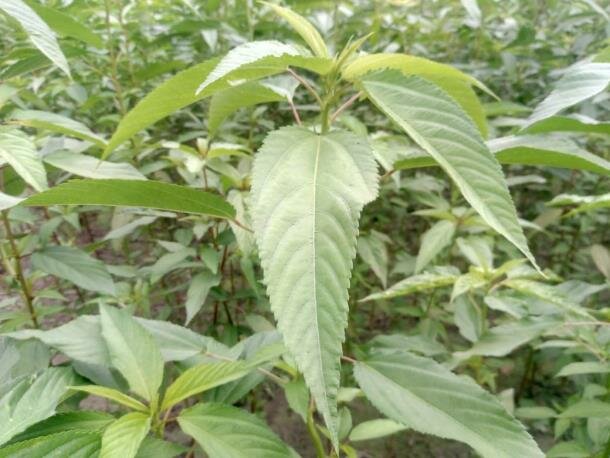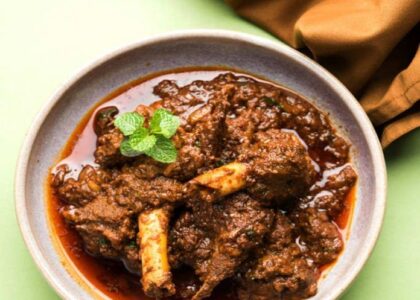Nestled in the northeastern part of India, Assam is a state renowned for its vibrant culture and deep-rooted traditions. Its cuisine is shaped by the influences of neighboring regions like Bengal and Tibet, creating a unique culinary fusion. Rice forms the cornerstone of Assamese meals, typically paired with fresh, locally sourced meats, fish, and vegetables. However, there’s one intriguing ingredient you might not be familiar with – the ‘dead leaf.’ Curious? Keep reading to uncover more about this distinctive Assamese delicacy.
The “dead leaf” is a bitter delicacy made from jute leaves, known for its strong, bitter flavor. In Assam, it’s referred to as morapaat (meaning “dead leaf”) and is enjoyed by various communities across the state. Morapaat comes from a type of edible jute called titamora. The younger leaves have a sharp bitterness, while the older ones develop a more earthy and fibrous texture as they mature.
In Assam, jute leaves are used in a variety of flavorful dishes. One popular preparation is morapaat aru masoor khar, a fish dish where jute leaves are cooked with spices like garlic and chili. Another favorite is morapaat gahori bhaji, a pork dish that incorporates jute leaves for added depth of flavor. Additionally, shukta, a traditional Assamese dish, makes use of this bitter ingredient. Jute leaves are also sometimes coated in batter, deep-fried, and served as a crispy, savory snack.
Top 5 Health Benefits of Jute Leaves
Here are some of the key health benefits of incorporating jute leaves into your diet:
1. Fights Inflammation
Jute leaves are a rich source of Omega-3 fatty acids, which are known for their anti-inflammatory properties. These fatty acids help to reduce inflammation throughout the body. Additionally, jute leaves contain lycopene, a powerful antioxidant that helps protect cells from oxidative stress and damage. By including jute leaves in your diet, you can help safeguard your body against inflammation-related conditions.
2. Promotes Healthy Skin and Hair
Packed with essential vitamins such as A, C, and B2, jute leaves play a crucial role in maintaining healthy skin and hair. These vitamins support the production of collagen, which is vital for skin elasticity and hair strength. Regular consumption of jute leaves helps reduce the appearance of wrinkles and fine lines. The high vitamin A content also supports skin healing and regeneration, promoting a healthy, glowing complexion.
3. Supports Eye Health
Our eyes are vital organs that require proper nourishment to stay healthy. Jute leaves are packed with vitamin B6, folate, and other essential nutrients that help prevent common eye issues like red eye. By incorporating jute leaves into your diet, you can give your eyes the support they need to maintain optimal health.
4. Strengthens Bone Health
Jute leaves are an excellent source of calcium and magnesium, two minerals crucial for strong bones and teeth. These nutrients also support other bodily functions, ensuring overall skeletal health. Additionally, jute leaves are rich in vitamin D and vitamin K, which further contribute to bone strength and proper mineral absorption.
5. Boosts the Immune System
Maintaining a strong immune system is key to staying healthy, and jute leaves can play a role in enhancing your body’s defenses. Packed with vitamin C, jute leaves help strengthen the immune system and lower the risk of infections like colds and coughs. Adding these nutrient-rich leaves to your soups and stews is an easy way to boost your immunity naturally.









